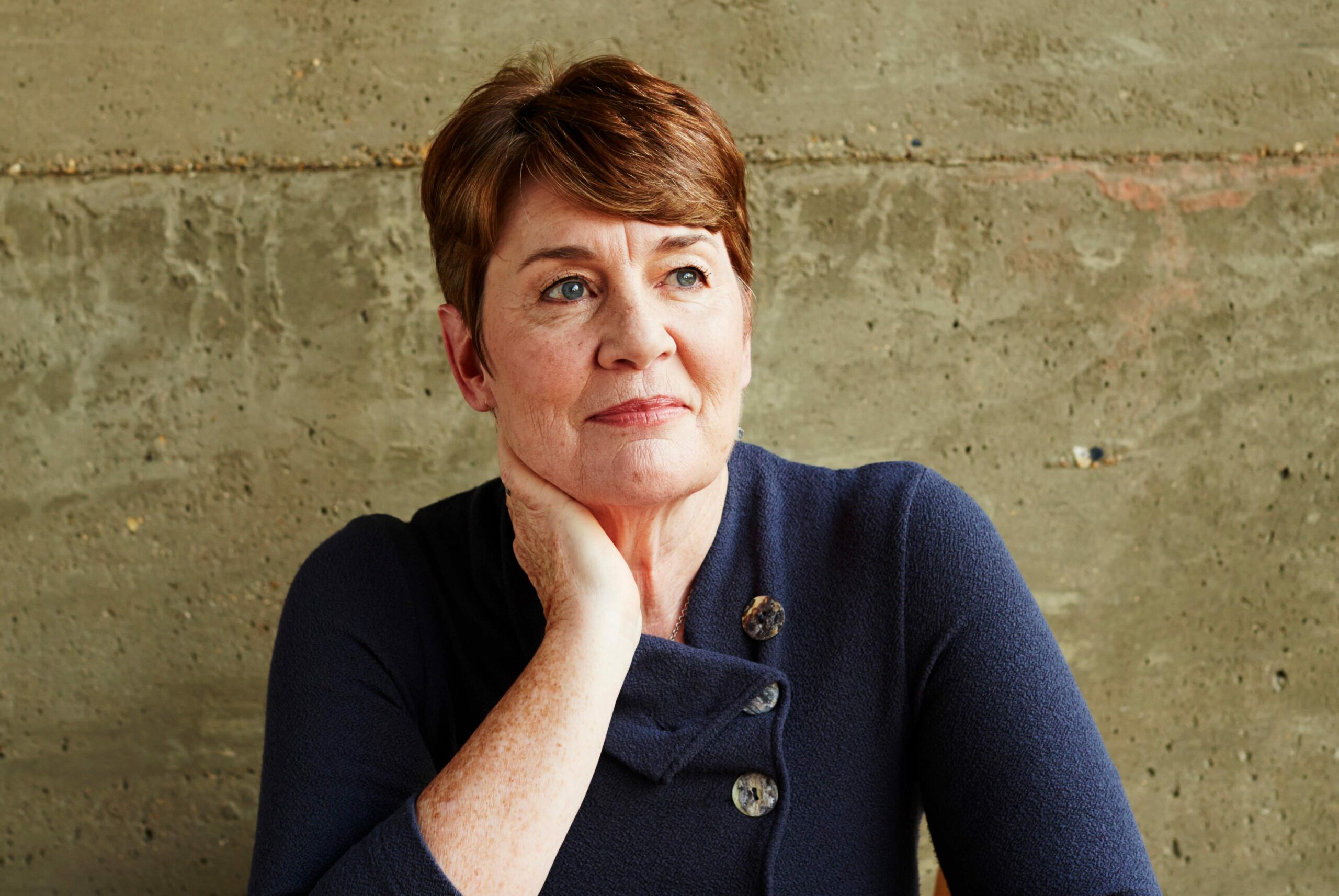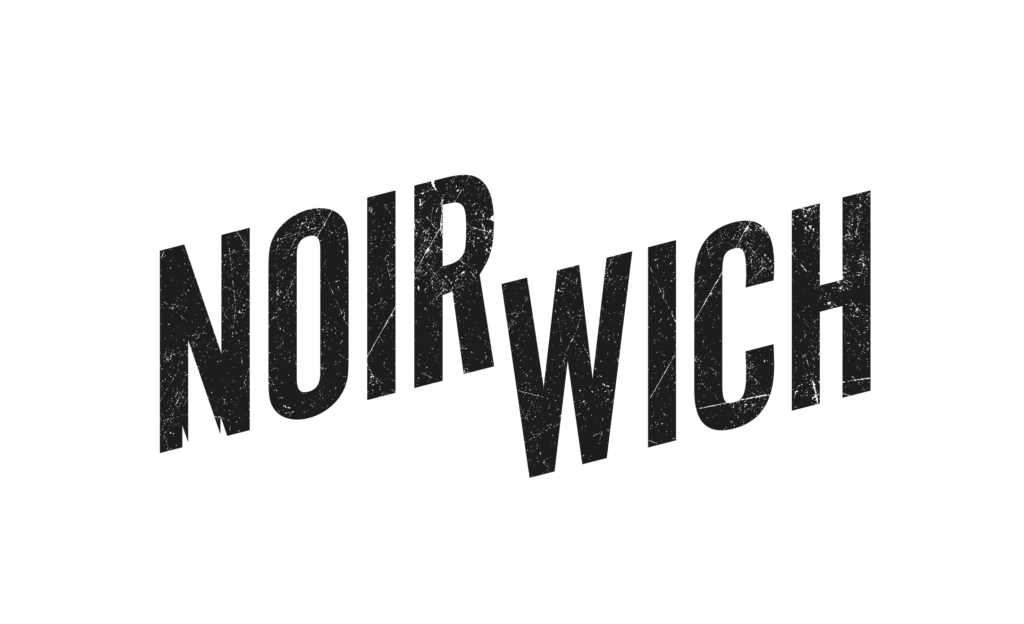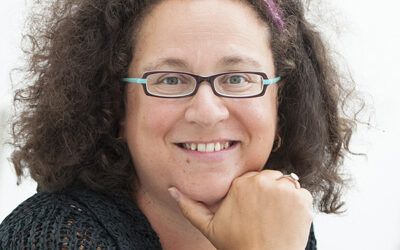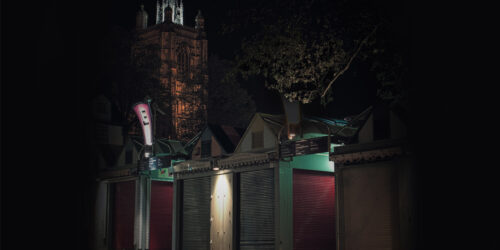
Fiona Barton is a former investigative journalist who has also trained and worked with exiled and threatened journalists all over the world. She is now a Sunday Times and New York Times bestselling author of three crime novels, The Widow, The Child, and The Suspect.
Here, she discusses the important relationship between researching and writing crime fiction.
The research period for my psychological thrillers has been long. More than 30 years, if I’m honest. I suppose you could say that my whole career as a journalist has been an apprenticeship for the Domestic Noir genre.
As a reporter, I was watching and listening to people caught up in dramas, tragedies and conflicts. I squirreled away characters, snippets of conversations, encounters, the emotions I felt covering difficult stories. And when I came to write fiction, I had the best imaginable cast of characters to draw on – my own internal archive.
I’ve revisited themes I wrote about in newspapers, themes that hit me hard. The issue of online child sexual abuse is a strong thread in The Widow and is based on my own investigations and research. I used real quotes from interviews I conducted with a group of men accused of accessing this vile pornography, including this defence: “They’re not really kids in those pictures. They’re women who look really young and dress up as kids for a living. Some of them are really in their thirties.”
Those words still make me shudder, even now.
I squirreled away characters, snippets of conversations, encounters, the emotions I felt covering difficult stories.
For my second novel, The Child and my third, The Suspect (published February 2019) I have delved deeper into the world of journalists. I wanted to give a clear-eyed vision of what it is to be a news reporter on the road and have used my own experiences and memories to people the newsroom and bring to life the cast for the story. It feels a bit like coming home when I write these sections.
But, of course, like any good newspaper investigation, I need experts to make the whole story authentic – the pathologist who can walk you through a post-mortem on an embalmed body, the forensic scientist willing to show you how DNA can turn something on its head, the detective who quietly corrects your schoolgirl errors in police procedure…
I talk to my contacts – the brilliant retired Murder Squad detective DCI Colin Sutton and Home Office pathologist Dr Debbie Cook – during early stages of writing to make sure the crucial plotlines cooking in my head are possible. And at the end of the first draft, they read the manuscript and make sure I’ve got the technical detail right. I’m learning all the time…
I’m just beginning the research for my fourth book. It features a character in her seventies who has been in a wheelchair since she was 21 so I have tracked down women who went through Stoke Mandeville Hospital spinal unit in the 1960s. I want to know what it meant to be young and paralysed, how they were treated, how they coped with the indignities, what made them laugh, cry, howl with rage. How they squared up to life.
Some of the tales are hair-raising, some devastating. Not all will be used this time but all will be filed away in my internal archive to join the tiny fragments of information that can startle, amaze and make your story sing.
Fiona is taking part in our ‘Witnessing the Experts’ panel at Noirwich Crime Writing Festival. Joined by UEA experts Kristina Garner, Professor David Russell and Professor Mark Wilkinson, they will uncover the fascinating facts that inspire the best crime fiction. Find out more >>
You may also like...
Five top tips for writing historical crime fiction
From Nicola Upson, author of ‘An Expert in Murder’

2nd August 2018
Sophie Hannah’s six-step plan for writing a novel
Creating firm foundations for your story

12th July 2018
Crime writing workshops announced for Noirwich Crime Writing Festival
Led by acclaimed crime writers Nicola Upson and Louise Welsh

10th July 2018







